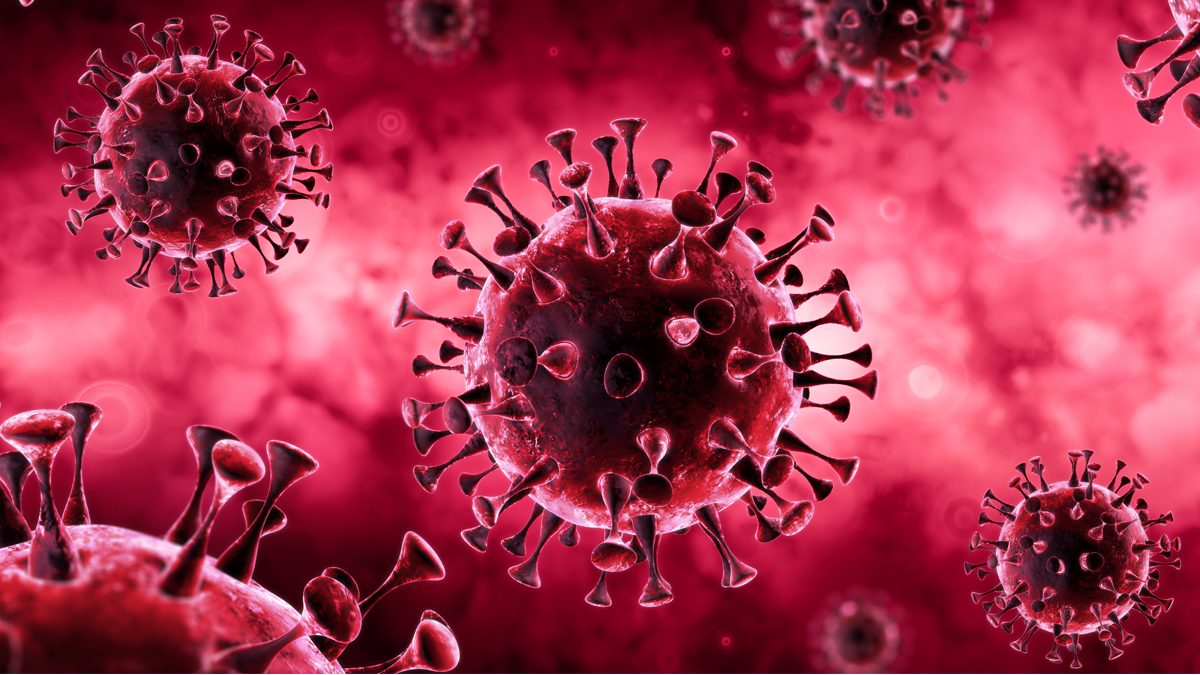The researchers from Washington University School of Medicine in St. Louis, US, noted that such cells could persist for a lifetime, churning out antibodies all the while.
The study, published on Monday in the journal Nature, suggests that mild cases of Covid-19 leave those infected with lasting antibody protection and that repeated bouts of illness are likely to be uncommon.
“Last fall, there were reports that antibodies wane quickly after infection with the virus that causes Covid-19, and mainstream media interpreted that to mean that immunity was not long-lived,” said senior author of the study Ali Ellebedy, an associate professor at Washington University School of Medicine.
“But that’s a misinterpretation of the data. It’s normal for antibody levels to go down after acute infection, but they don’t go down to zero; they plateau,” Ellebedy said.
The researchers found antibody-producing cells in people 11 months after first symptoms.
These cells will live and produce antibodies for the rest of people’s lives, and that’s strong evidence for long-lasting immunity, they said.
During a viral infection, antibody-producing immune cells rapidly multiply and circulate in the blood, driving antibody levels sky-high.
Once the infection is resolved, most such cells die off, and blood antibody levels drop.
A small population of antibody-producing cells, called long-lived plasma cells, migrate to the bone marrow and settle in, the researchers said.
In the bone marrow, these cells continually secrete low levels of antibodies into the bloodstream to help guard against another encounter with the virus, they said.
Ellebedy and colleagues were already working on a project to track antibody levels in blood samples from Covid-19 survivors.





